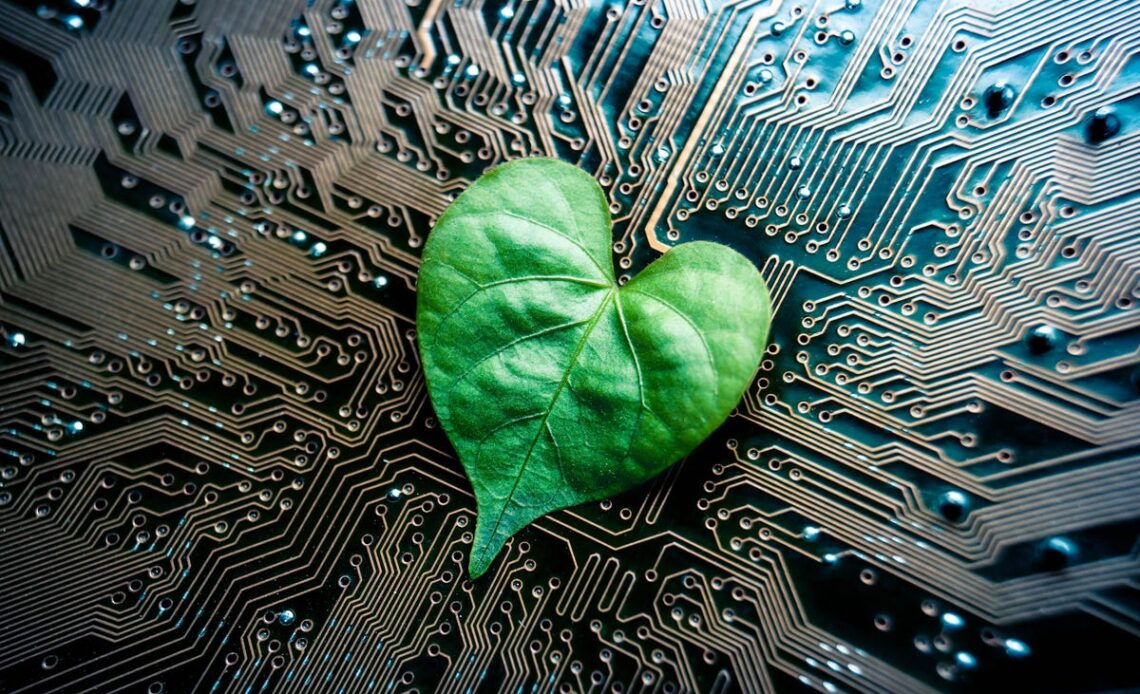
Technology has become an integral part of our daily lives, from smartphones and laptops to appliances and transportation. However, the environmental impact of our reliance on technology has become a growing concern. The good news is that many companies are now investing in sustainable tech solutions that can help reduce our carbon footprint. In this article, we’ll take a look at some of the sustainable tech innovations we use daily.
Renewable Energy
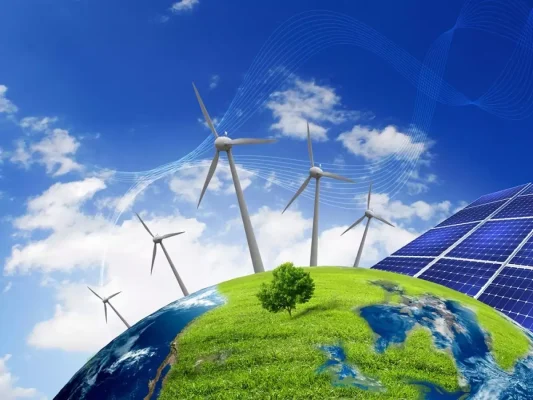
One of the most significant contributions to sustainable tech is renewable energy. Solar, wind, and hydropower are rapidly becoming more accessible and cost-effective. Solar panels can now be installed on residential and commercial buildings, and some cities are implementing wind turbines for energy production. Some companies are even developing portable solar panels for outdoor activities.
Smart Home Technology
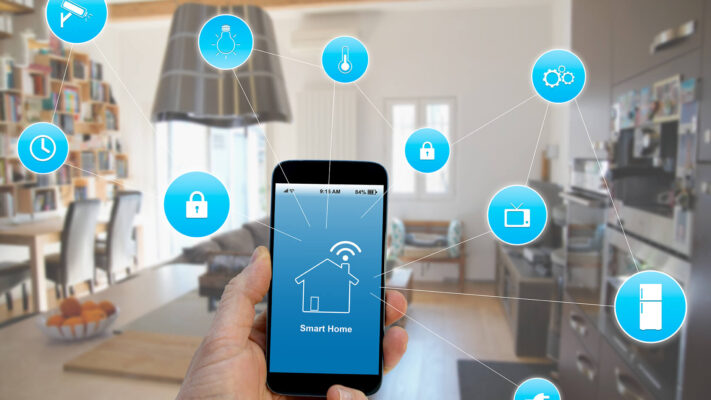
Smart home technology is another sustainable tech innovation that has become increasingly popular. Smart home devices, such as smart thermostats and smart lighting, can help to reduce energy consumption in our homes. One example is the Nest Learning Thermostat, which uses machine learning to learn your temperature preferences and automatically adjusts the temperature to save energy. The thermostat can also be controlled remotely through a smartphone app, allowing you to make adjustments from anywhere. Smart lighting systems can also be programmed to turn off when not in use or dim during low-traffic hours. Smart home technology not only helps to reduce energy usage, but it can also save homeowners money on their utility bills.
Electric Cars
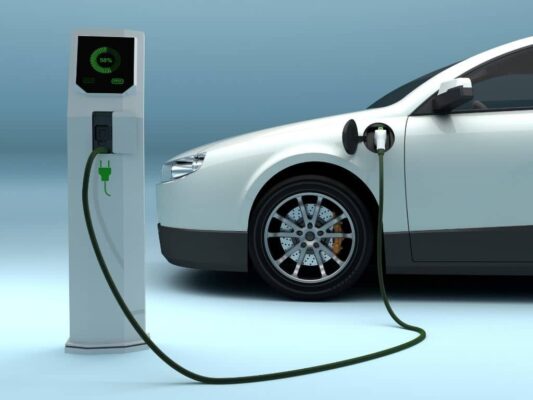
Transportation is one of the largest contributors to carbon emissions, but electric cars offer a sustainable alternative. Companies like Tesla, Nissan, Tata and Chevy produce electric cars that are becoming more accessible to the general public. Electric cars have zero emissions and are much more energy-efficient than traditional gas-powered vehicles. Additionally, electric car charging stations are becoming more widely available, making it easier for electric car owners to travel long distances.
Smart Appliances
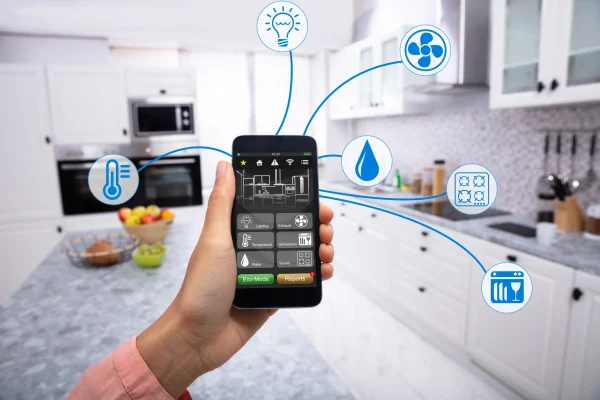
Smart appliances are another innovation in sustainable tech that is becoming more common. Energy Star-certified appliances, like refrigerators, washers, and dryers, use less energy and water than their non-certified counterparts. Smart appliances can also be programmed to run during low-traffic hours or when energy is cheapest. Some appliances even have sensors that can detect when they are not in use and automatically turn them off.
Eco-friendly gadgets

Sustainable smartphones and the use of materials in producing gadgets are not uncommon. Another essential device in our daily lives is the laptop, and there are several eco-friendly options. One such option is the Dell XPS 13, which is made from recycled ocean plastics and other recycled materials. The laptop also uses low-energy components and has an energy-efficient design, helping to reduce its carbon footprint. In addition, Dell offers a recycling program for its products, ensuring they don’t end up in landfills.
Sustainable Packaging

The packaging used for products can also have a significant impact on the environment. Sustainable packaging materials, such as biodegradable plastics and compostable materials, are becoming more common. Some companies are even using recycled materials for their packaging. In addition to reducing waste, sustainable packaging can also reduce the amount of energy needed for production and transportation.
Eco-Friendly Accessories
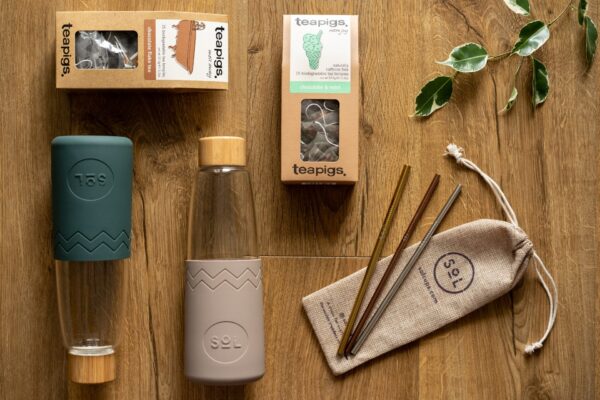
Even the accessories we use with our tech devices can be designed with sustainability in mind. For example, phone cases made from recycled materials or bioplastics can help to reduce waste and minimise the environmental impact of our devices. Companies across the globe offer eco-friendly phone cases and other stylish and sustainable accessories.
Sustainable tech innovations are becoming more accessible and affordable, offering a way to reduce our environmental impact. Renewable energy, smart home technology, electric cars, smart appliances, and sustainable packaging are just a few examples of sustainable tech we use daily. As consumers, we can make a difference by choosing products and technologies that prioritise sustainability.

